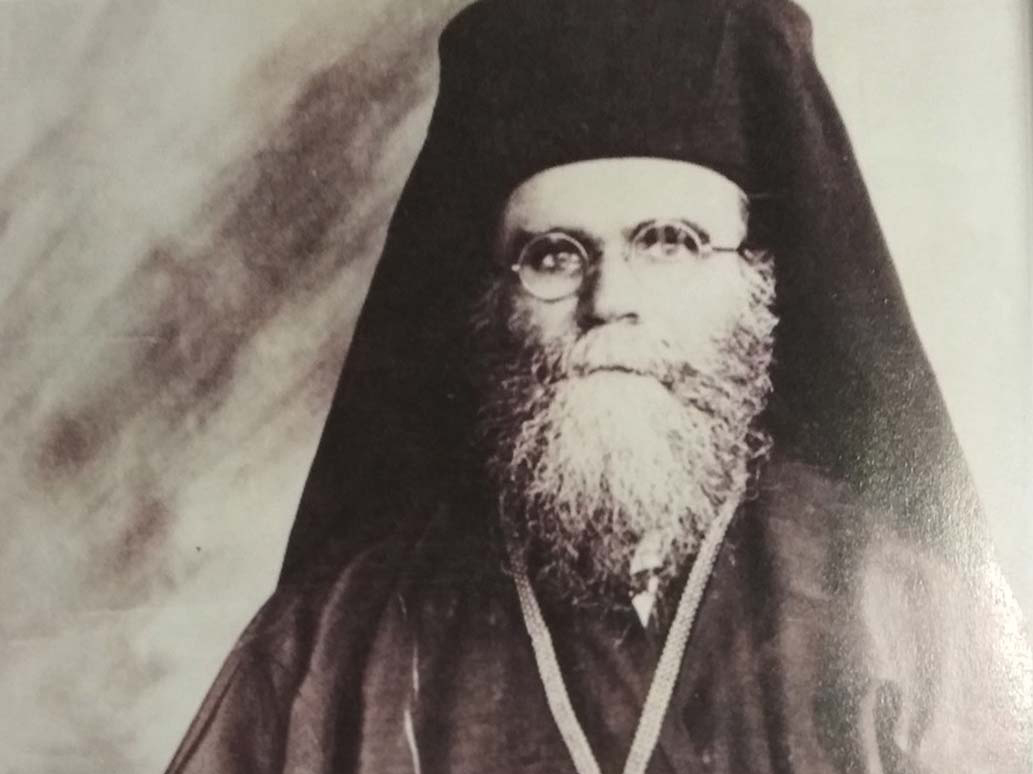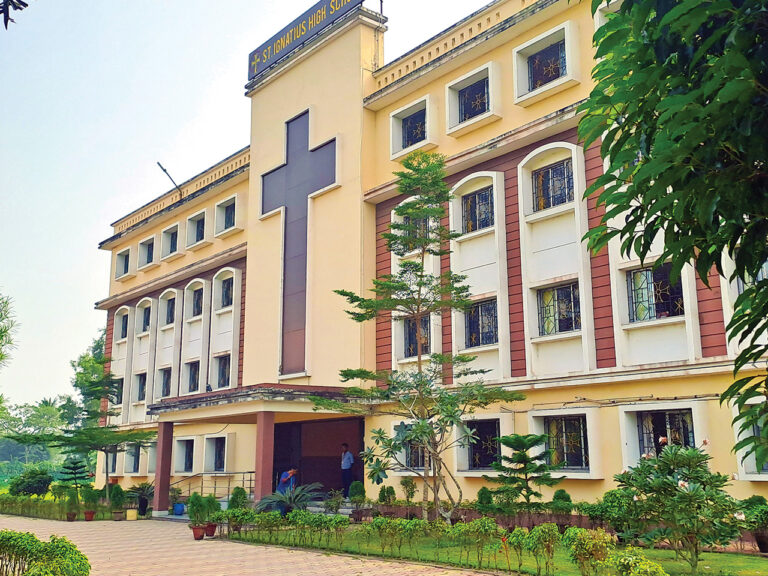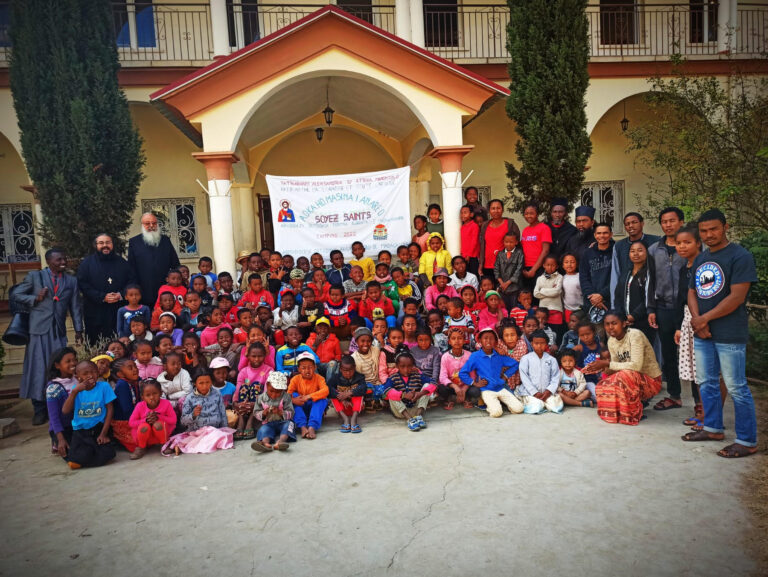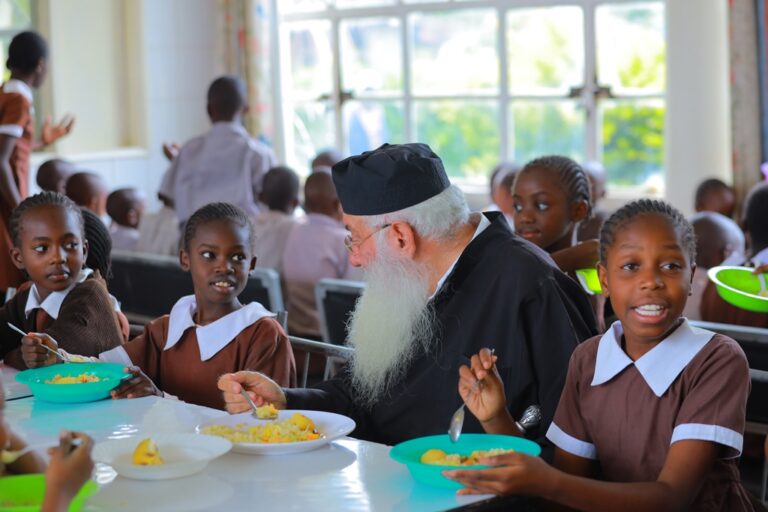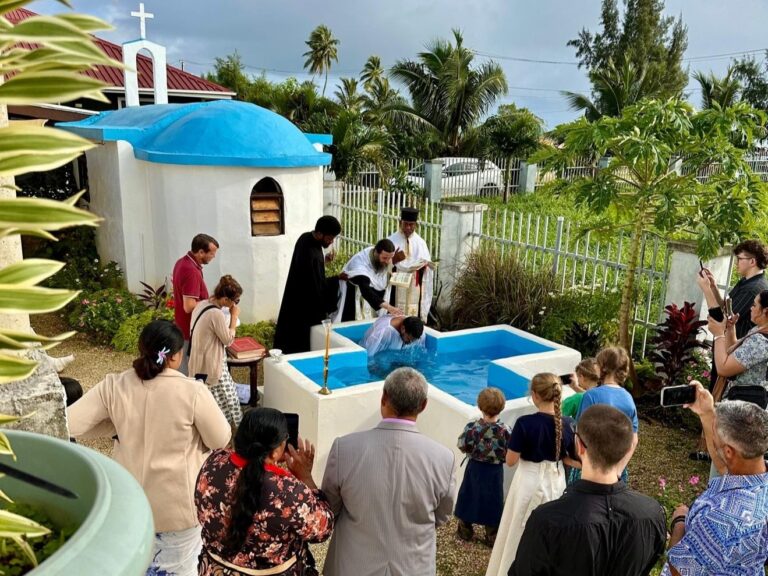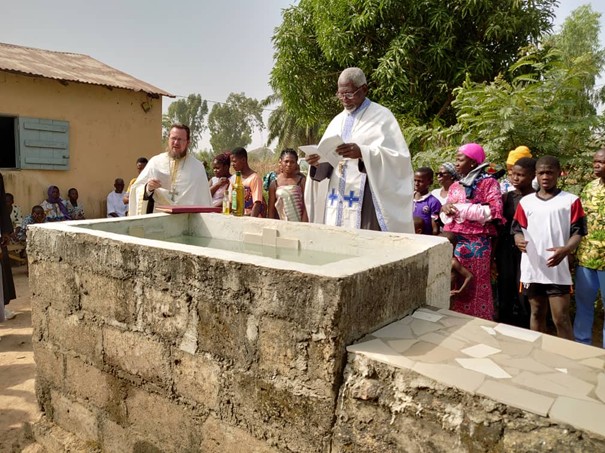Fr. Nicodimos Sarikas: An unsung Missionary
80 years have passed since the death of the first missionary in sub-Saharan Africa, father Nicodimos Sarikas, the “saint of Kilimanjaro” as the natives called him.
Father Nicodimos lived through the difficult years of imperialist cruelty on the African continent. He started from Smyrna in the blessed land of Ionia, whence a long and tedious journey brought him thanks to his love for God and man close to every Greek soul that in those years had migrated away from their homeland. He always kept Christ and Hellenism in his heart, and he never stopped serving them until the end of his life. He was an irreconcilable worker against every force that oppressively destroyed the work of free thought and expression of people. That is why from the first years of his missionary journey, he never lost interest in the social and religious situation of the unfortunate and suffering natives.
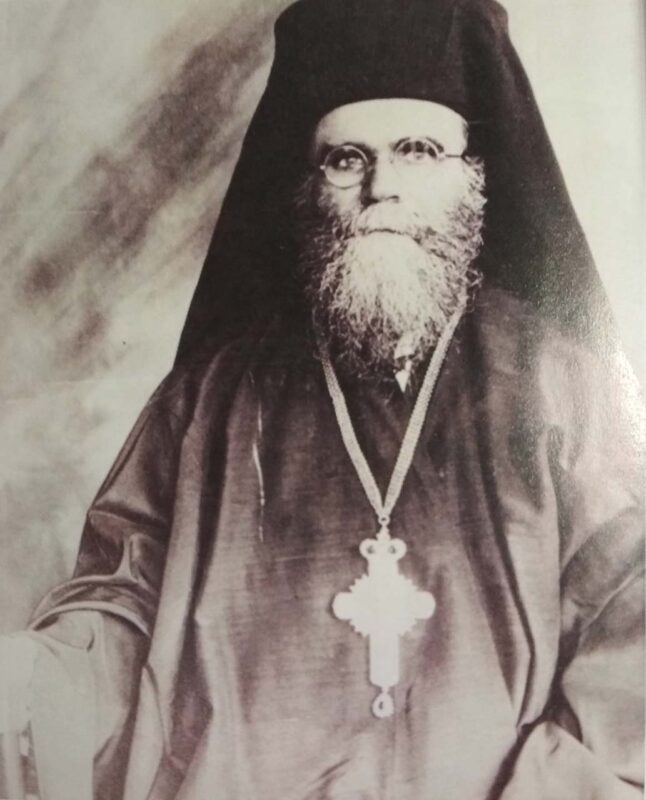
He subjected himself to incredible hardships, traversing huge distances in the African jungle, following the paths of wild beasts, while he was deprived of food and water for days. Malaria accompanied him as his best “friend” until the end of his life. His shrewdness of mind, his organizational spirit, his determination, his dignity and his poverty throughout his life, reflected the authenticity of a missionary.
Father Nicodimos began his first trips in 1907. From 1911, his interest quickly turned to the Lord’s missionary field towards all natives in Rhodesia, Mozambique and South Africa. He was the pioneer Greek who heard the voice of the Lord “Go forth and make disciples of all nations” 50 years earlier than any other missionary, when the ancient patriarchates were unfamiliar and indecisive in such thoughts and initiatives.
He was unimaginably delighted and excited by the growth of the Orthodox Mission next to the other denominations and beliefs. He was inspired by the great Greek philosophers and Fathers of the Church and was a lover of the idea of the Greater Greece of 2 continents and 5 seas. Greece, the Church, our Patriarchates, the Ecumenical Patriarchate and the Patriarchate of Alexandria, owe a tribute of honor and special esteem to the “Saint of Kilimanjaro”. For many people of the turbulent and fluid situation of the interwar period, he became the candle that never went out, the sleepless oil lamp, the kiss and the image of every young Greek Orthodox missionary.
May his memory be eternal.
Charalampos Metallidis Board President

